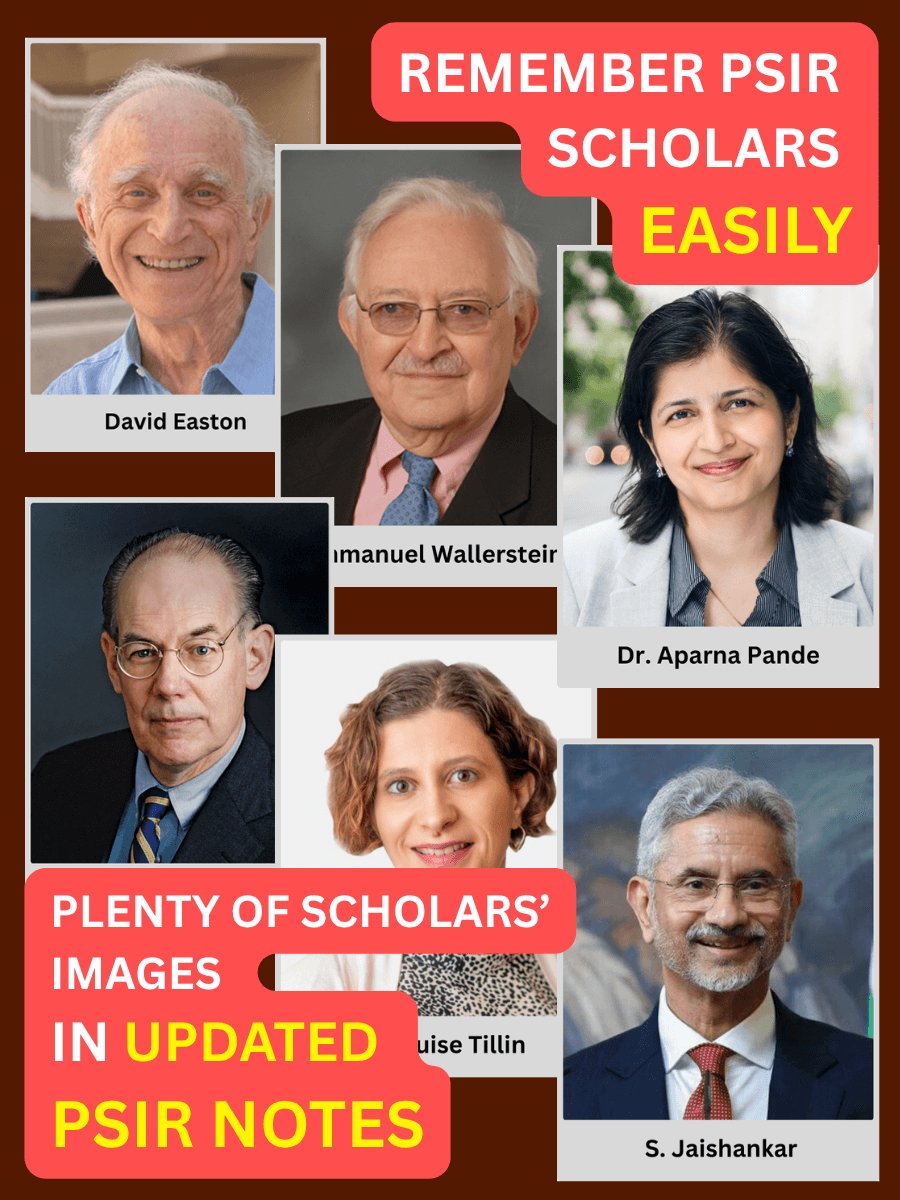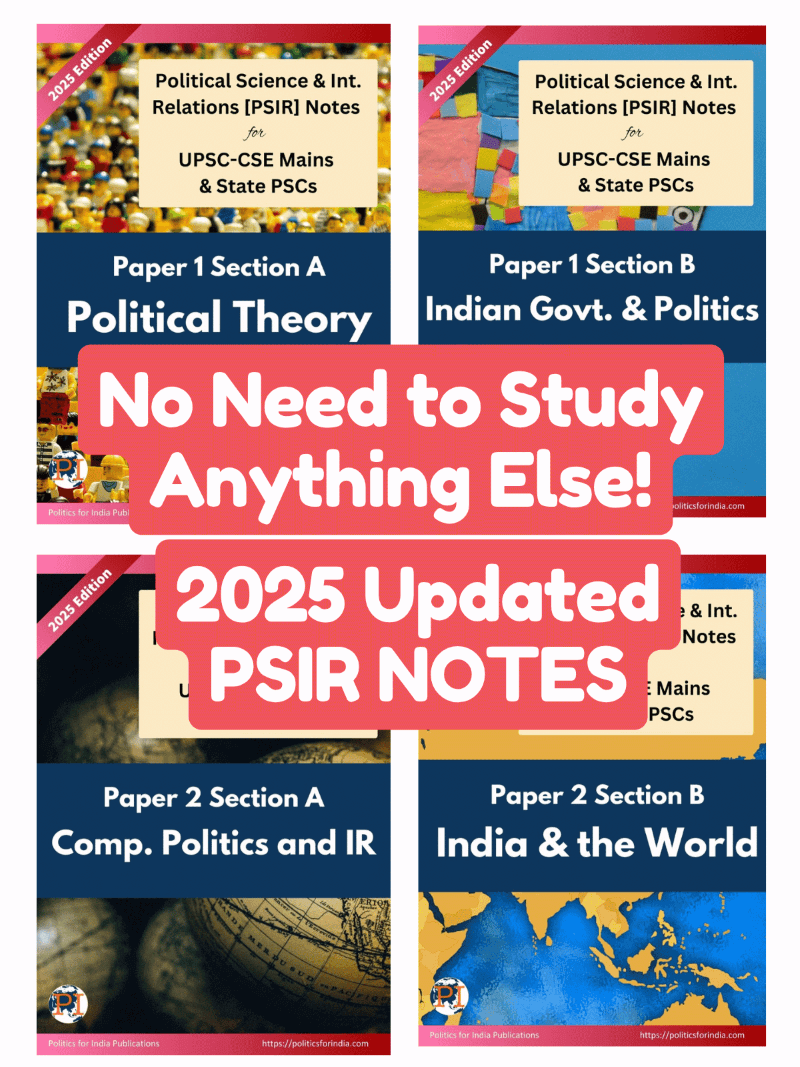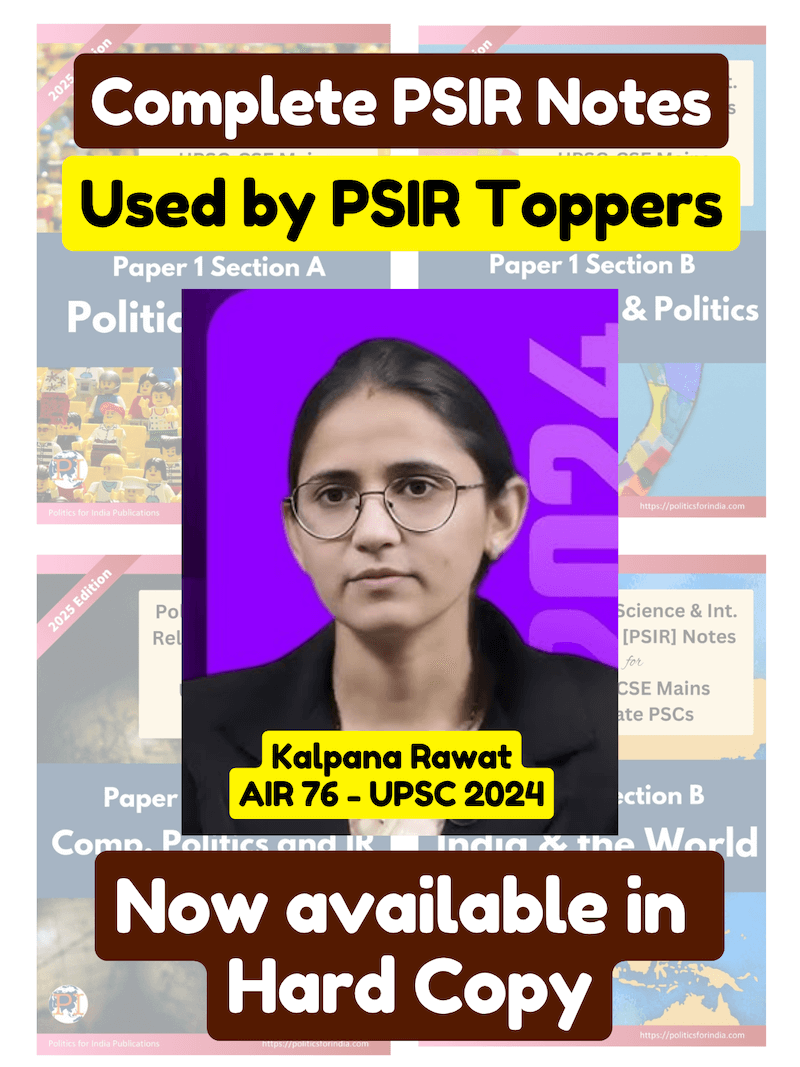Disclaimer: First of all, the entire article is based on what is heard from others over internet and my conversations with other students/teachers. You may very well treat it as a work of fiction. We cannot confirm any of the information given below. Also, our purpose is not to inspire activism against UPSC through this article. We wish to give a realist understanding to students regarding the process, and save them from naïve expectations.
1] Introduction
In the high-stakes world of UPSC, it’s not enough to know everything—you must know what the evaluator wants to see. An iconic character Harvey Specter’s (from Suits) advice—“Don’t play the odds, play the man”—is gospel for UPSC aspirants too. Behind every answer sheet is a human being with preferences, fatigue, and expectations. Cracking that code is half the battle.
In this article, we’ll try to understand that how UPSC Mains answer copies, including optional, are evaluated in real world. Although there is no direct communication from UPSC regarding this process to protect the confidentiality, a lot is discussed on the internet. This article is based on such research, based on the what’s told by teachers who’ve been evaluators in the process, or by the people who know such evaluators.
2] Panel Constitution of Examiners
UPSC maintains strict confidentiality in selecting examiners. Typically, the person who sets the paper (an “eminent person” in that field) is appointed as the Head Examiner for that subject. The Head Examiner and Additional Examiners form a panel responsible for evaluation of a given paper.
Examiners are drawn from academia, usually experienced professors or college lecturers with expertise in the relevant subject. This means they typically have advanced degrees (often PhDs) and good subject knowledge. Technical subjects (like engineering optionals) might be evaluated by professors from IITs or other specialized institutes.
To prevent regional bias, answer booklets are anonymized and mixed before distribution. UPSC itself has clarified that answer sheets from different exam centers are randomly mixed and assigned coded roll numbers before evaluation. This ensures an examiner isn’t grading only candidates from one region.
UPSC examiners are qualified professionals, usually at least at the level of assistant professor. In practice, very senior professors may not opt for evaluation given the renumeration offered. However, the Head Examiner is almost always a distinguished senior faculty.
Before evaluation begins, UPSC conducts a formal Examiners’ Meeting to ensure all examiners are on the same page. In this meeting – they discuss the question paper thoroughly, go over what constitutes appropriate answers, and decide on the standard marking scheme.
A] General Studies (GS) Papers
Since GS questions are specific and point-based, the brief is usually to look for factual accuracy, clarity, and a multi-dimensional perspective in answers. Examiners have a generalist approach – UPSC expects that “even though a GS paper covers many subjects, the knowledge required is at a general level, not expert level”.
Examiners are given what is effectively a marking guide or “model outline” for answers, often described as a skeleton framework highlighting the major points expected in a good answer. (This guide is confidential and meant for evaluators only.) All GS examiners are instructed to follow common standards while evaluation.
B] Essay Paper
In essay paper they do not have a single “model essay” answer. Essay evaluators often come from humanities or English backgrounds.
C] Optional Paper (e.g. PSIR)
In optional subjects like PSIR, the evaluation is more specialized and demanding of depth. Examiners (political science professors) expect a higher level of subject knowledge and the use of discipline-specific terminology.
Evaluators tend to reward answers that demonstrate theoretical insight, use scholarly references (political theorists, IR scholars, key political terminology), and have critical analysis.
In PSIR, you should “appear to the examiner as a serious student of the subject rather than a layman”. This means PSIR examiners look for the language of political science – for example, answers on political theory should mention key concepts (a Marx question should mention terms like “dialectical materialism”, “Communist Manifesto”, etc.), and IR answers might be expected to reference doctrines or scholars (e.g. an Indo-Pacific question referencing concepts like “String of Pearls” or realist scholars like Mearsheimer).
As far as we could find, examiners are NOT provided with model answers for Optional papers. Plus, the knowledge level of these evaluators may also vary.
D] Compensation to Examiners
UPSC compensates its examiners with an honorarium for the evaluation work, typically calculated on a per-copy (per answer script) basis. While exact official rates are not publicly disclosed in detail, informal information suggests something like ₹500-1000per copy. It is definitely not a lavish honorarium. Examiners often receive their assignment in “bundles” – e.g., 50 or 100 answer booklets at a time. Payment may be processed per bundle completed.
Thus, while the financial incentive is there, UPSC relies on the examiners’ sense of responsibility and academic interest to do justice to the copies beyond just the pay.
2] Evaluation Criteria and Practices – a Realist Take
While a lot can be discussed how answer evaluation is done (in theory) and what are best practices… that is not the focus of this article. In this article, we are discussing ‘how it really happens’.
Most likely, there will be a paucity of time when it comes to evaluation. UPSC does say that examiners are given more time compared to university exams. But given the contemporary work culture and work ethics, everybody does the assigned work at the last moment, compromising in quality.
Thus, the likelihood that your whole paper will be read line by line – is very less. Nonethless, some answers or some paras will be read line by line, and you don’t know which ones. So you’re supposed to write good answers anyway.
However, it does tells us that presentation will be rewarded disproportionately. While the famous saying goes ‘content is king’, we can extend it further by saying that ‘presentation is queen’, and she has to look pretty.
A] Handwriting
Have you noticed that why almost all of toppers copies made available by institutions have exceptional handwriting and presentation. The reason is – those are the people who get selected. A good handwriting creates a strong positive bias, which even if increases half mark a question, results in increase of overall 50-60 marks. And please don’t rush to quote examples of toppers with bad handwriting. Such cases will always be exception rather than norm. As they say ‘ exception is not the rule’.
Officially, UPSC only says that handwriting should be legible (readable without extra efforts). If its difficult to read – you’ll be either penalized or your copies may not be checked altogether (according to UPSC).
In real, examiners prefer not to waste time deciphering messy script. If writing is just moderately poor but decipherable, they will read it, but it could slow them down, and you cannot expect good marks from an examiner frustrated with your copy.
So,
If you have a bad handwriting which is difficult to read – either you should work on your handwriting or look for another career option. Perhaps an exam which only has MCQs.
If your handwriting is legible but not so goodlooking, you should improve that. If you cannot improve beyond limit, you will need exceptional content to compensate for such handwriting. But still, you will remain at mercy of examiner.
And, if your handwriting is already good, you should study nicely. Because you have good prospects, but if you remain complacent, you may miss your chance.
B] Structure of the Answer
Additionally, your answer should be examiner friendly, it should be easy to follow. In GS it should be structured in various sections and points so reader can easily grasp the content. Similarly in PSIR, use short sentences and small paras to write. If you can reduce trouble of examiner while evaluating your copy, you will get extra marks for that.
Also, since examiner will not read the complete answer, in the beginning itself you should show how you’ve understood the ‘core demand’ of the question. This is important especially for complicated questions in subject like PSIR. Sometimes, you’ll be rewarded good marks just on basis of introduction.
In GS – presentation elements like underlining , using bullet points, diagrams and maps, all help communicate the answer effectively. Examiners will award marks for such value addition.
For a subject like PSIR, the keywords, the ‘language of the subject’, are important aspects.
C] Command Over English
For getting good marks in UPSC Mains, you should have very good command over English language. Without mastery over English, you cannot articulate your thoughts nicely. Sometimes you may even miscommunicate what you want to say. This will have severe impact on your marks.
Grammatical mistakes are also not welcome. Don’t expect UPSC to be kind towards you. I’m aware that many of you might be coming from rural background and may have difficulty in English, but this is the harsh truth. If you are not good at English, you need to work on it. Don’t expect anything else.
D] Inter-subject Moderation
It is learnt that UPSC also does inter-subject moderation to address variation across optional subjects. The idea is to ensure no optional subject gives an undue advantage. In the past, UPSC sometimes scaled marks of optionals that had very high or low averages. However, UPSC is silent on such inter-subject moderation practices and nothing can be said with certainty.
In practice, I would suggest there is no need to dig further on this part since we’ll never know the truth. Further, they can change the practice any time, without informing us. Also, whether scaling is done or not, has not practical utility in the way you study. Therefore, please don’t waste more time on this.
E] No Re-evaluation Policy
As you must be aware, after the results are declared, UPSC famously does not allow re-evaluation or re-checking of answer sheets on request. The evaluation process is deemed comprehensive and final. Even Supreme Court has upheld this non-disclosure and no re-marking policy. So candidates cannot get their papers re-marked by an independent examiner to challenge scores.
F] Activism Against UPSC
To be clear: whatever is written below is completely based on hearsay. I can neither confirm or deny the information in this section.
There is something called as ‘blacklisting’. If someone shows over activism against files RTI, goes to SC etc. they can blacklist you. It means, your name will be remembered, and you will never clear the black-box of UPSC Mains. Whatever happens inside Mains evaluation is protected by confidentiality of process, and you’ll never know what’s going wrong. Sometimes you’ll not clear the language paper, sometimes essay or GS… but be assured, the doors of UPSC are closed for you (probably this is the reason some famous UPSC mentor of economy never cleared UPSC).
This is also practiced in state PSCs. (again, based on hearsay)
Now, you may not like this practice, but you don’t have a say. There is an interesting incident in Shanti Parva of Mahabharata, where Yudhishthira asks a question to his grandad Bhisma, lying on a bed of arrows on the battlefield. The king asks – what a weak person should do when his enemy is a strong person? The wise Bhishma answers – the weak should not make enmity with the strong.













